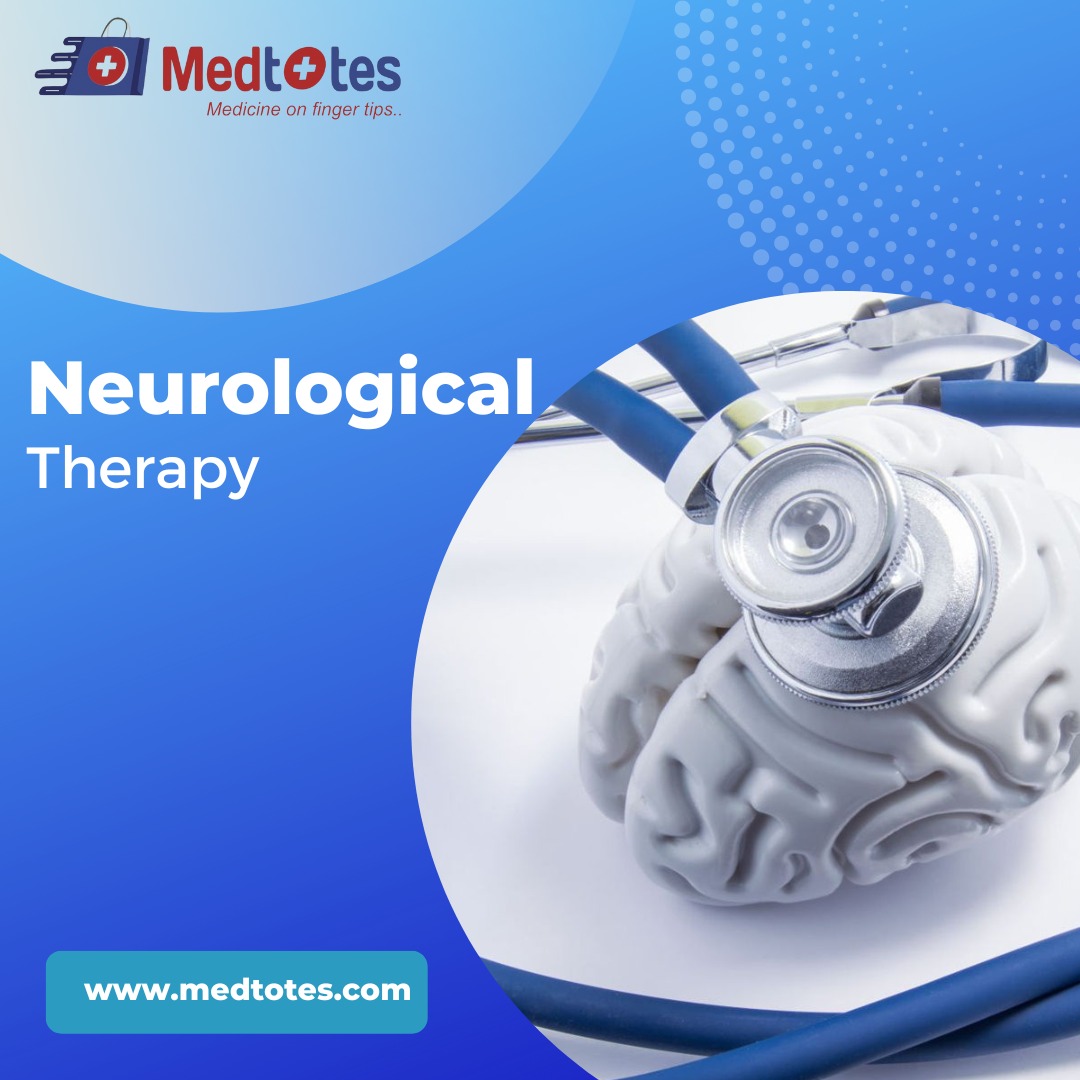Introduction to Neurological physiotherapy
Neurological physiotherapy is a subspecialty that focuses on treating people suffering from neurological problems. Organs like the brain, spinal cord, and nerves are all affected by neurological illnesses. It also encompasses peripheral nerve system disorders such as Guillain-Barre Syndrome. Neurological illnesses can devastate individuals who suffer from them, as well as their families and friends. Disruptions in transmitting messages between the brain and the body can cause loss of movement, sensation, coordination, and balance. Other body functions, such as perception, speech, memory, cognition, and conduct, may also be impaired. As a result, neurological physiotherapists must collaborate closely with other multidisciplinary team members, such as speech and language therapists, occupational therapists, dieticians, nurses, and doctors. Effective communication between the patient, family members, and the multidisciplinary team is crucial to successfully treating a neurological illness.Medtotes provides Neurological physiotherapy home treatments for patients as needed.
The following are examples of common neurological conditions:
- Disorders of Functional Neurology
- A stroke, a CVA, or a TIA
- Traumatic brain and spinal cord injuries
- Multiple sclerosis (MS)
- Parkinson’s disease is also a neurological disorder
Neurological Physiotherapy Treatment
Neurological Physiotherapy address all areas of a person’s functional independence and well-being, including medications, physiotherapy, speech and swallow therapy, psychological therapies, occupational therapies, teaching or re-training patients on mobility skills, communication processes, and other aspects of that person’s daily routine. Nutrition, psychological, and artistic aspects of a person’s recovery are also addressed by neuro rehabilitation. Many neuro-rehabilitation programs, whether provided by hospitals or private, specialized clinics, employ diverse specialists from various professions to give patients the most comprehensive care possible. Over time, and typically throughout a person’s lifespan, these treatments enable that person and their family to live the most ordinary, independent lives possible.
Various therapy methods are used, frequently involving a combination of the following as required:
- Stretching
- Strengthening
- Re-education in balance
- Re-education of the gait
- Mobilization in collaboration
- Stimulation with electricity
- Postural training
- Management of Spasticity
- Lifestyle advise/education, tiredness management, and exercise
Neurological Physiotherapy Treated Conditions
Microcephaly is an uncommon neurological disorder in which an infant’s head is smaller than other children of the same age and gender; this can occur in pregnancy or after birth and is caused by abnormal brain growth. It might be congenital (existing from birth) or develop later in infancy. It frequently results in learning problems and neurological issues.
The syndrome of post-polio(PPS, poliomyelitis sequelae) is a set of latent poliomyelitis (polio) symptoms that develop at a rate of 25 to 40% (latest data greater than 80%)? Following the initial infection, it is a viral infection of the nerve system. Symptoms usually appear 15 to 30 years after the first severe paralytic event. Reduced muscle function or sudden weakness with pain and tiredness are symptoms. The same symptoms might appear years after being infected with non-paralytic polio (NPP).
Guillain-Barre syndrome (GBS) is characterized by sudden onset muscle weakness produced by immune system damage to the peripheral nerve system. The early symptoms are usually alterations in sensation or pain, most often in the back, and muscle weakness, which starts in the feet and hands and spreads to the arms, legs, and upper body, with both sides involved.
Stroke: During a stroke, blood flow to the brain is reduced, resulting in the death of brain cells. Symptoms emerge from the affected area of the brain.
TBI (Traumatic Brain Injury): Brain dysfunction caused by a bump, blow, or rapid jolt to the head.
Parkinson’s disease is a neurodegenerative ailment of the brain’s dopamine neurons. The condition has an impact on movement, sleep, and cognition.
Alzheimer’s is a neurological disease that causes the degeneration of brain cells. Dementia is caused by the death of brain cells, which impairs memory, reasoning, and behavior.
Injuries to the spinal cord: The spine transmits a complicated network of nerves to the brain. When a spinal cord injury occurs, trauma to the spinal column’s vertebrae, ligaments, or discs prevents nerves from communicating with the body. Those with a spinal cord injury lose function below the point of damage. They may experience fatigue, loss of strength and sensation, breathing difficulties, and loss of bowel or bladder control.
Multiple Sclerosis (MS): The immune system of the body damages the nerves of the central nervous system in MS. Myelin (the nerve’s protective layer) is degraded by the immune system. The symptoms differ depending on which nerves are affected.
Cerebral Palsy: A developmental condition characterized by motor impairment (the capacity to move and maintain balance and posture). Because of faulty brain development, people with cerebral palsy cannot regulate their muscles.
Charcot-Marie-Tooth Disease (CMT): CMT is an inherited nervous system disorder that causes a progressive loss of muscle tissue due to peripheral nerve injury. Heredity, motor, and sensory neuropathy are other names for it.
Amyotrophic Lateral Sclerosis (ALS) is a neurodegenerative illness primarily affecting motor neurons. Voluntary movement is lost as motor neurons die.
Back pain and chronic pain issues might be secondary or primary to other neurological illnesses. The impact on quality of life is a significant reason people seek neurological physiotherapy for chronic pain.
Conclusion:
Physical therapy for neurological rehabilitation stimulates the nervous system through therapeutic activities and exercises, allowing you to discover new ways to move. Treatment regimens are tailored to your disease or injury, emphasizing increasing cardiovascular function, strength, mobility, balance, and overall coordination. Physiotherapists assist you in optimizing functionality in your existing state and providing advice on how to alter work and home environments for safe, efficient, and independent living.Make an appointment with Medtotes today for a relaxing treatment in the comfort of your own home.
For More Information or Contact…!!!
𝗖𝗔𝗟𝗟: 040 35159159
WhatsApp: 7075490607
𝗩𝗶𝘀𝗶𝘁: https://www.medtotes.com/
Drop us an email at:- support@medtotes.com
Download app:
Android: https://bit.ly/3Q3gQw8
iOS: https://apple.co/3nknQIm

